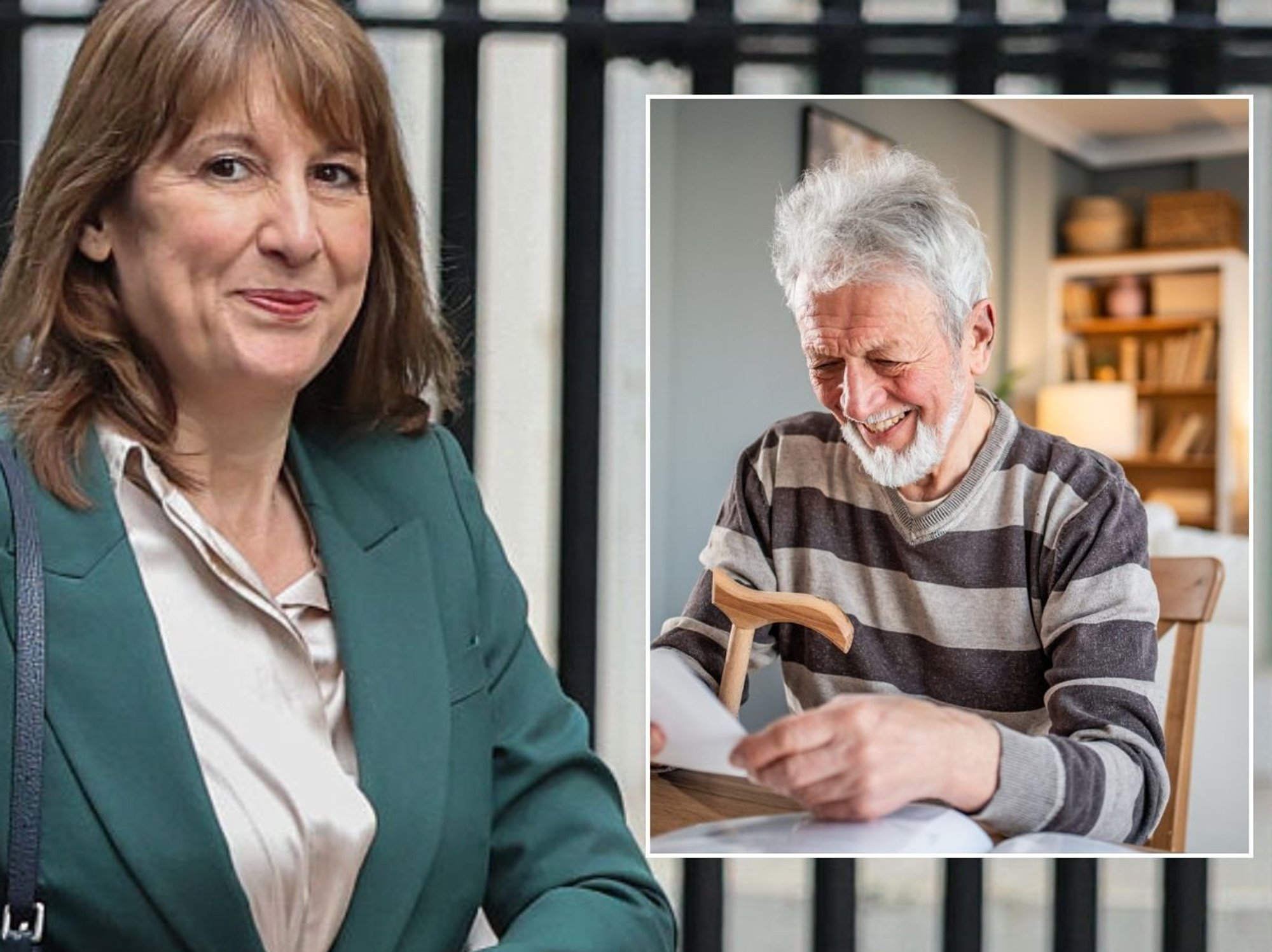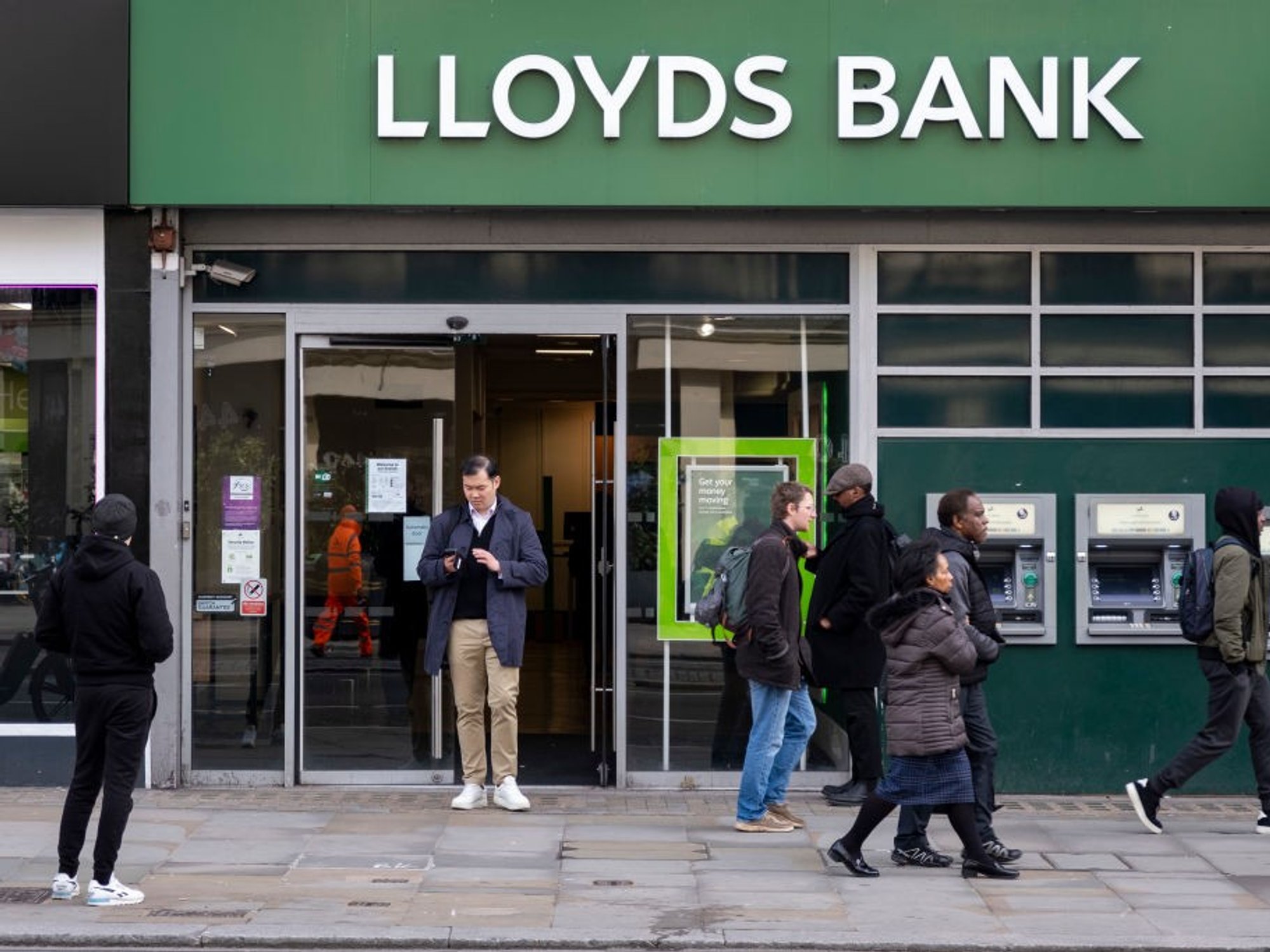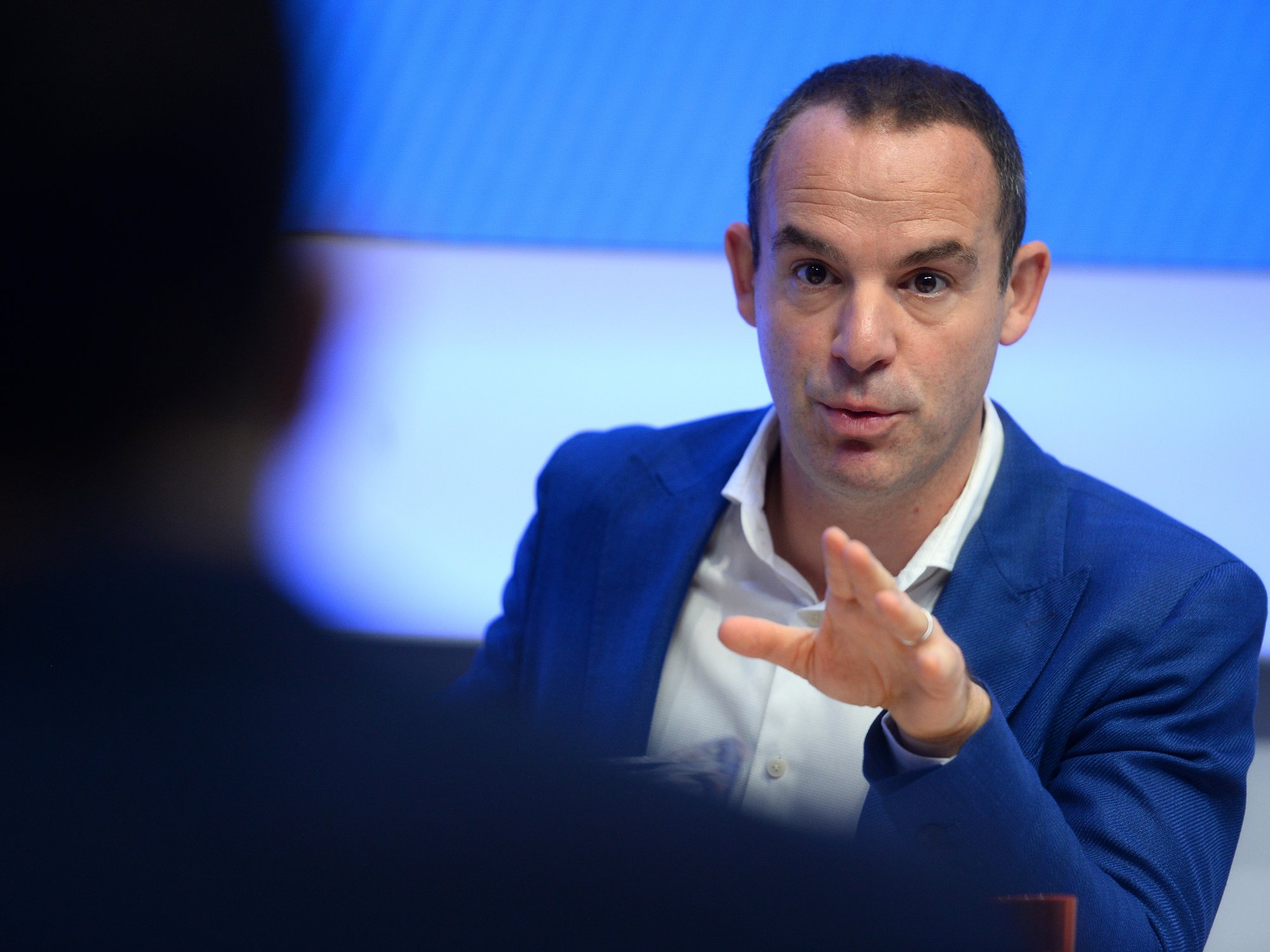State pension age must be raised to 70 and triple lock 'changed' to save economy, Rachel Reeves told

GB NEWS

Analysts are calling for the state pension reform to bolster Britain's economic prospects
Don't Miss
Most Read
The state pension age should be raised to 70 and the triple lock "changed" to save the UK economy despite potential backlash from older voters, Chancellor Rachel Reeves has been told.
Analysts are sharing ways the Treasury can plug the estimated £41billion financial "black hole" hurting Britain's economic growth prospects with speculation that tax rises are on the way.
The National Institute of Economic and Social Research (NIESR) has warned that tax raids are likely if the Chancellor has any hope in meeting her previously announced strict fiscal rules.
Samuel Mather-Holgate, an independent financial adviser at Swindon-based Mather and Murray Financial, is among the many experts advocating for the state pension age to be raised to 70.
**ARE YOU READING THIS ON OUR APP? DOWNLOAD NOW FOR THE BEST GB NEWS EXPERIENCE**
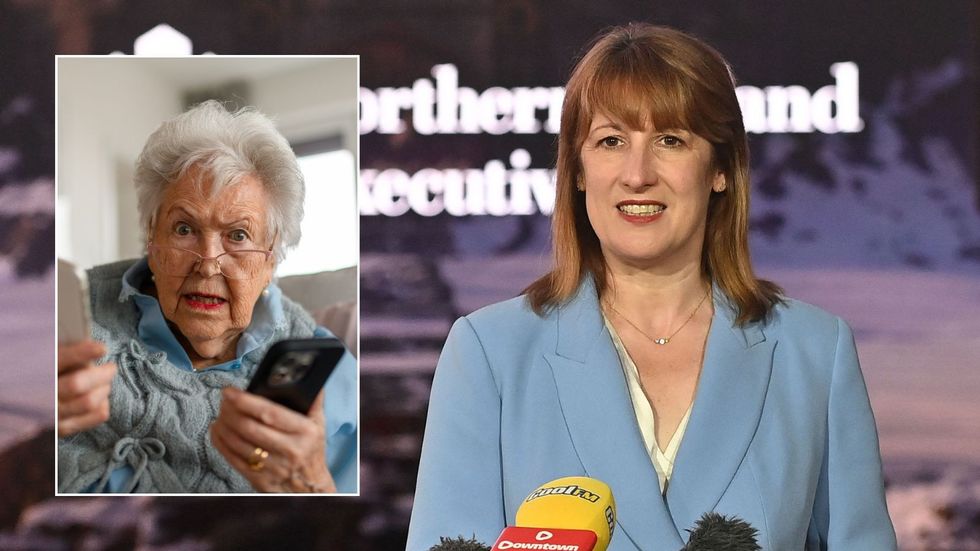
The Chancellor is being told to reform the state pension to bolster the UK economy
|GETTY / PA
Speaking to Newspage, Mather-Holgate explained: "Reeves will no doubt change her borrowing rules which could sort the whole situation. Markets have suspected this is coming, so they shouldn't react too badly as long as moderation is sought in other areas.
"The state pension system is ripe for squeezing, so an increase to the state pension age is coming down the tracks, probably to 70. Changing the triple lock would save a fortune, but politically difficult as the older generation vote."
As it stands, the state pension is at 66 years old but is expected to rise to 67 for millions of Britons from next year. Economists have called for the retirement age to be sooner-than-expected to bring down soaring benefit expenditure.
Financial analysts have cited that the cost of the state pension in the UK is a large portion of Government spending, currently around five per cent of the UK economy and projected to jump to 7.7 per cent by the early 2070s.
Do you have a money story you’d like to share? Get in touch by emailing money@gbnews.uk.
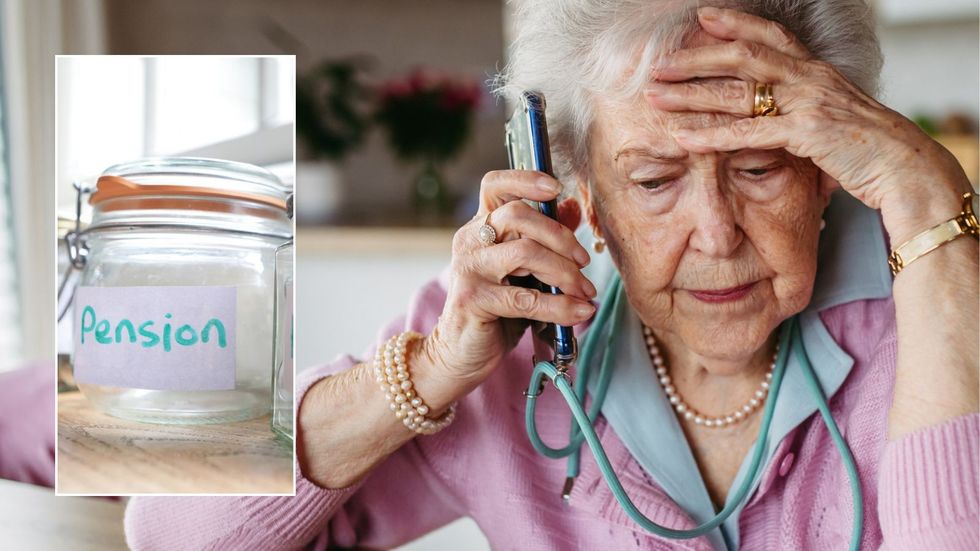 Analysts are sounding the alarm over Britain's pension crisis | GETTYB
Analysts are sounding the alarm over Britain's pension crisis | GETTYB An assessment from the Office for Budget Responsibility (OBR) deemed the retirement benefit a "large financial risk", expected to cost the taxpayer £10billion more than initially projected.
In its latest report, the OBR said: "This is primarily because the period since 2012 has seen more volatile inflation and lower earnings growth than the two decades prior to the triple lock’s introduction.
"Relative to CPI uprating, we expect that the triple lock will have added £22.9billion to annual state pension spending by 2029-30."
Various think tanks, including the Institute of Fiscal Studies (IFS) and Adam Smith Institute, have called on Labour to consider reform to the state pension in order to ensure its long-term viability.
MEMBERSHIP:
- POLL OF THE DAY: Would shutting all migrant hotels put an end to the protests? VOTE NOW
- Reform 48 hours away from locking horns with Labour in two key battlegrounds as Rachel Reeves joins the fight
- MAPPED: The 'sanctuary cities' supporting asylum seekers - and how many are Labour-run - do YOU live in one?
- I was hit by 'anti-racist' campaigners at a migrant protest, but the hate-filled mob won't silence GB News - Sophie Reaper
- Trump just took a sledgehammer to the Kremlin and exposed Starmer's hand. This changes everything - Lee Cohen
According to Office for National Statistics (ONS) figures, the UK's pensioner population is forecast to grow more than twice as fast as the working-age population up to 2073-74.
This is in line with shifts in the population age structure, alongside life expectancy at birth rising from around 89 to 94 years, and life expectancy at age 65 rising from 21 to 26 years.
LATEST DEVELOPMENTS:
 Older Britons are worried about the future of the state pension triple lock | PA
Older Britons are worried about the future of the state pension triple lock | PAProfessor Joe Nellis, an economic adviser at MHA, explained: "The Chancellor is not in an enviable position, with no easy options available. The OBR’s report highlighted the increasing cost of the triple lock on pensions as the population ages.
"Despite the political unpopularity that a Government already reeling from a backtrack on the Winter Fuel Allowance can barely afford, they must review the long-term sustainability of the policy.
"Whether this comes at the Autumn Budget this year remains to be seen.Cuts to unprotected Government departments will happen but can only raise so much, and the likelihood of any meaningful cuts to the ever-growing welfare state has declined following the rebellion in the Labour Party against the recent Welfare Bill.
"What we are very likely to see at the Budget is another set of tax rises. The freeze on income tax brackets will continue, effectively acting as a stealth tax on workers jumping tax brackets through inflation-level rather than real-terms pay rises."





